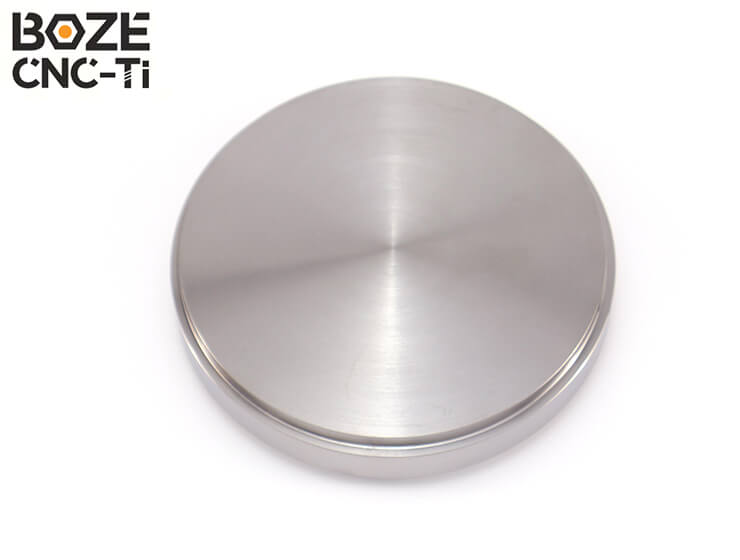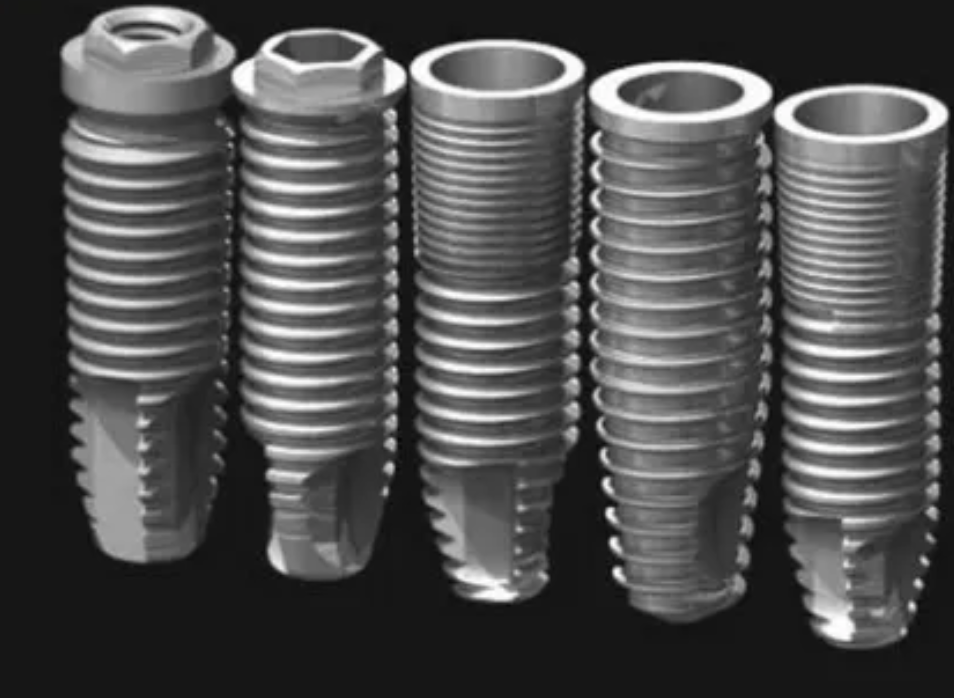Titanium Alloy: The Miracle of Medical Implants Reshaping Life
Time:2025-01-17
View:32048
With the continuous progress of medical technology, the status of titanium alloy as biomedical materials has become increasingly prominent. Its unique physical, chemical and biocompatibility properties make titanium alloys the material of choice for many implants. However, for permanent implantation applications, the toxicity of vanadium and aluminum released by traditional Ti-6Al-4V alloys has prompted researchers to continue to explore new vanadium-free and non-aluminum alloys to further enhance the application value of titanium alloys in the biomedical field.
Titanium alloy in the medical field of innovation
1. Development of new titanium alloys
In order to overcome the limitations of Ti-6Al-4V alloys, scientists have successfully developed new titanium alloys such as Ti6Al-7Nb, Ti-13Nb13Zr and Ti-12Mo6Zr. These alloys not only retain the excellent properties of titanium alloys, but also avoid the release of harmful elements, providing a safer option for permanent implants.
2. In-depth study of biocompatibility
The excellent biocompatibility of titanium and its oxides in the biomedical field is the basis for its wide application. Through numerous in vivo and in vitro experiments, the researchers found that the oxide layer of titanium forms a stable interface between the implant and the bone, promoting the bone integration process. In addition, commercial pure titanium is recognized as one of the most biocompatible metal materials due to the stable inert oxide layer formed by its surface properties.
Application and expansion of titanium alloy in dental field
1. Innovation of dental implants
Titanium and its alloys are also widely used in the dental field, including dental implants, crowns, and Bridges. Commercial pure titanium is the material of choice for intraosseous dental implants due to its excellent biocompatibility and mechanical properties. At the same time, for different dental needs, scientists have developed a variety of grades of titanium materials to meet different clinical needs.
2. Types and properties of dental implants
Dental implants are mainly divided into three types: bone integration type, micro implant and zygomatic bone type. Each type has its own specific mechanical properties and needs to be made of cpTi or titanium alloy. For example, osseous dental implants are usually designed in a screw shape and made of cpTi or Ti-6Al-4V to ensure good osseous integration and stability.


Challenges and future prospects
Although titanium alloys have made remarkable achievements in the field of biomedicine, there are still some challenges. For example, the Young's modulus mismatch between titanium alloy and bone may affect bone healing and remodeling. In addition, with the continuous development of medical technology, the performance requirements for implants are also constantly improving, such as improving wear resistance and reducing elastic modulus.
In order to meet these challenges, future research should focus on the following aspects: first, continue to develop new titanium alloy materials to further optimize their biocompatibility and mechanical properties; Second, the interaction mechanism between titanium alloy and human tissue was studied to reveal the molecular mechanism of promoting bone integration and bone regeneration. The third is to explore the composite application of titanium alloy with other materials to achieve better performance matching and synergistic effect.
In short, the innovation and development of titanium alloys as biomedical materials will contribute more to the cause of human health. With the continuous progress of science and technology and the accumulation of clinical application experience, the application prospect of titanium alloy in the biomedical field will be broader.



